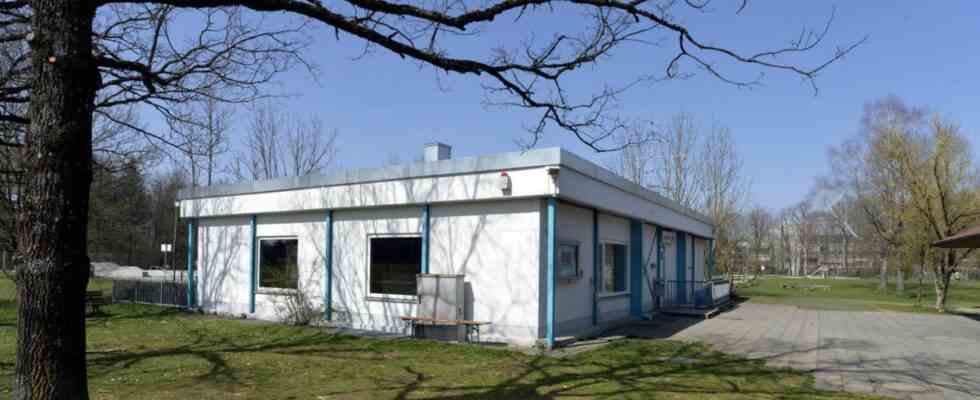The somewhat abstract concept of “district levy” played a decisive role at the citizens’ meeting in Haar. District administrator Christoph Göbel (CSU) already addressed this in his welcoming address at the beginning and almost apologized for the fact that the annual payment from the municipality to the district of 26.04 million euros in 2023 would be so high. The county levy is calculated based on the tax capacity that applied two years ago. And thanks to additional payments from the pharmaceutical company MSD Sharp & Dohme, which is no longer based in the community, Haar recorded exorbitant trade tax income. Next year, on the other hand, Haar’s finances will experience an exorbitant crash.
According to Mayor Andreas Bukowski (CSU), in the past few decades, Haar has made the mistake of relying on a few strong trade taxpayers. This was a dangerous strategy, as you can now clearly see. The long-term goal is to set up several pillars in order to spread everything over several people. In the short term, however, it means drawing on the high reserves of more than 77 million euros. “But that will melt away,” warned Bukowski. Because not only the running costs have to be covered, but also investments are pending.
Andreas Bukowski wants Haar to create several financial pillars in the future.
(Photo: Claus Schunk)
In addition to the day-to-day running of the administration, the fire brigade and day-care facilities, the municipality puts money into building projects such as the expansion of the Ernst-Mach-Gymnasium and the new construction of the Dino youth center. The municipal council has just decided to upgrade the sports facility on Vockestraße and open parts of it to the general public. After all, the municipality receives funding for this, so that the municipal council decided to redesign the sports field despite the difficult financial situation.
The municipality also wants to continue to afford the renovation of the community center and the Gasthof zur Post. In addition, there are investments for the entry into a geothermal supply as well as the already planned investment in the section of the Ebersberg-Munich cycle path along the railway. For the latter, the municipality received a subsidy of 80 percent from the Radoffensive Bayern, said Bukowski, so that the own contribution was very small.
Bukowski is also confident of being able to close the gap that MSD is currently leaving. “We are in an attractive region and an attractive community. I am therefore convinced that sooner or later we will attract business taxpayers again,” he said.
The Haarer citizens’ meeting was a premiere in two respects. On the one hand, it was the first hybrid citizens’ meeting, where the residents of Haar were able to get an idea of the community both directly in the community center and online. On the other hand, for Bukowski, in the third year of his term of office, it was the first town hall meeting that he was allowed to hold in person. In its first two years, the event only took place online due to Corona. Citizens used both formats. Around 70 people were sitting in the community center, while around 70 more had connected online. They could ask their questions in the live chat, some of which were already answered by the employees during the mayor’s speech.

